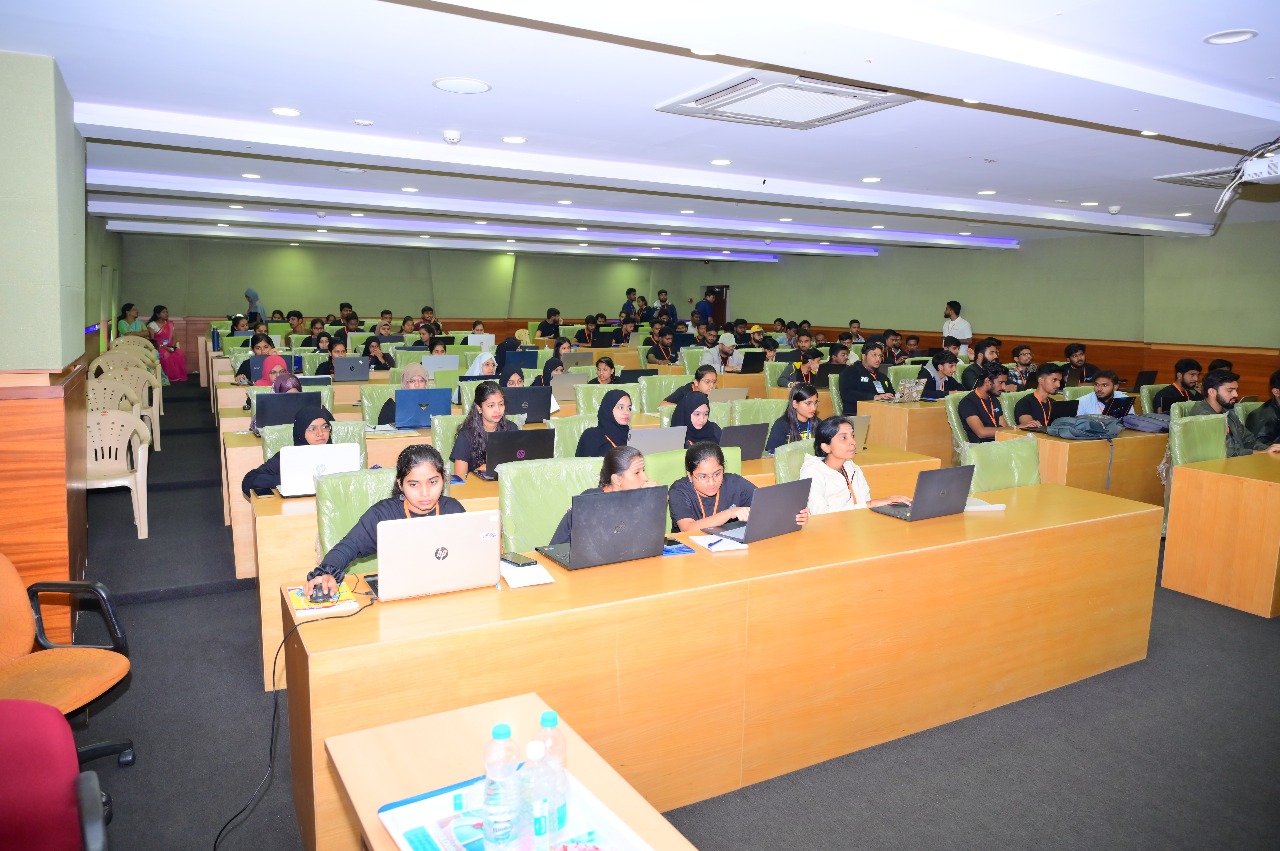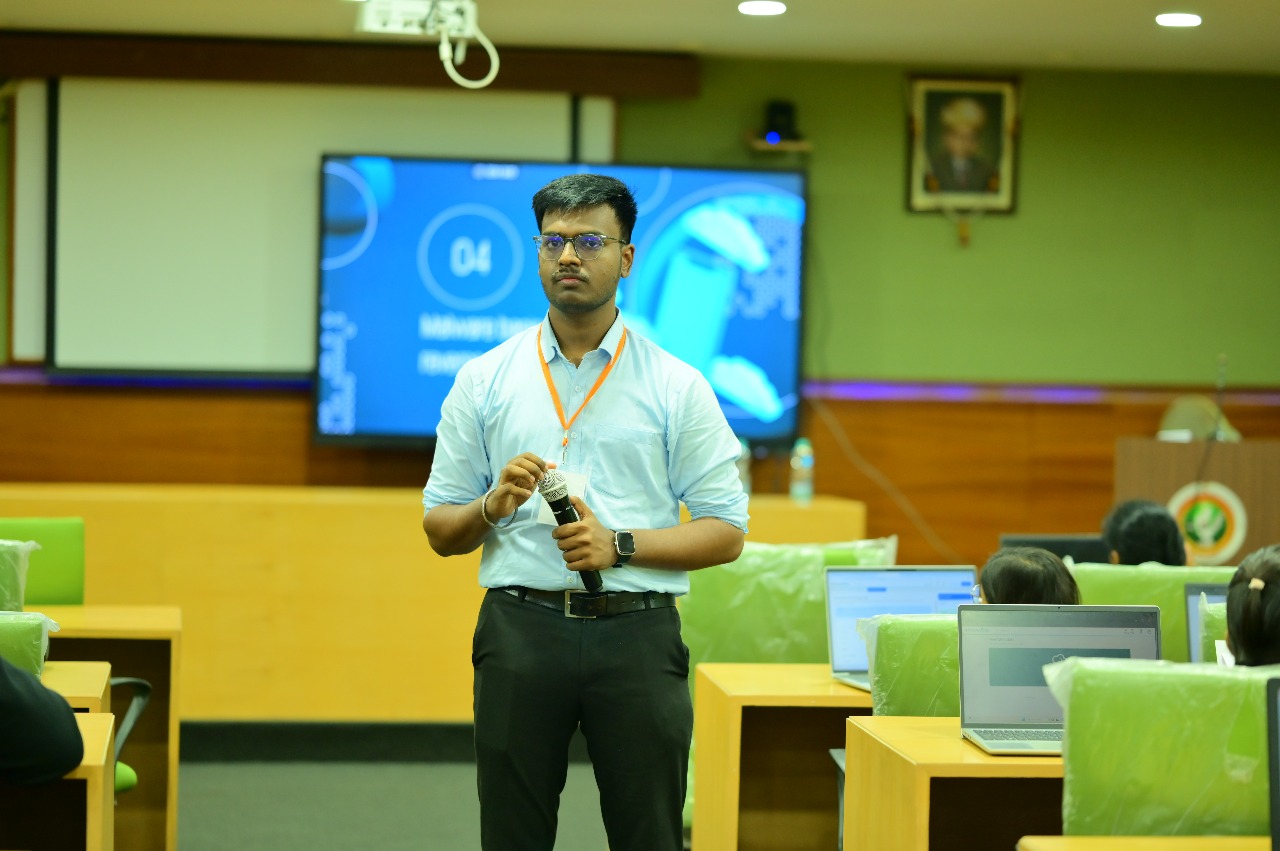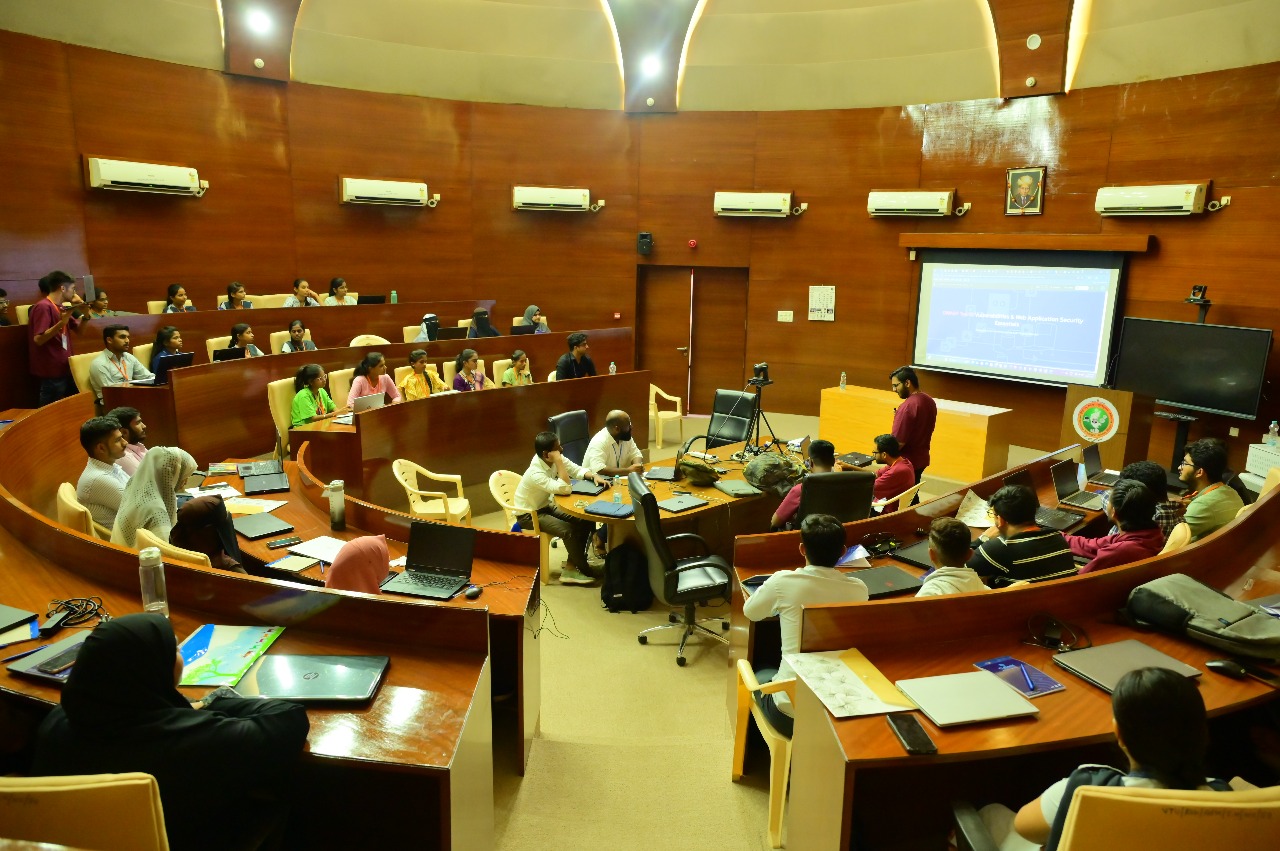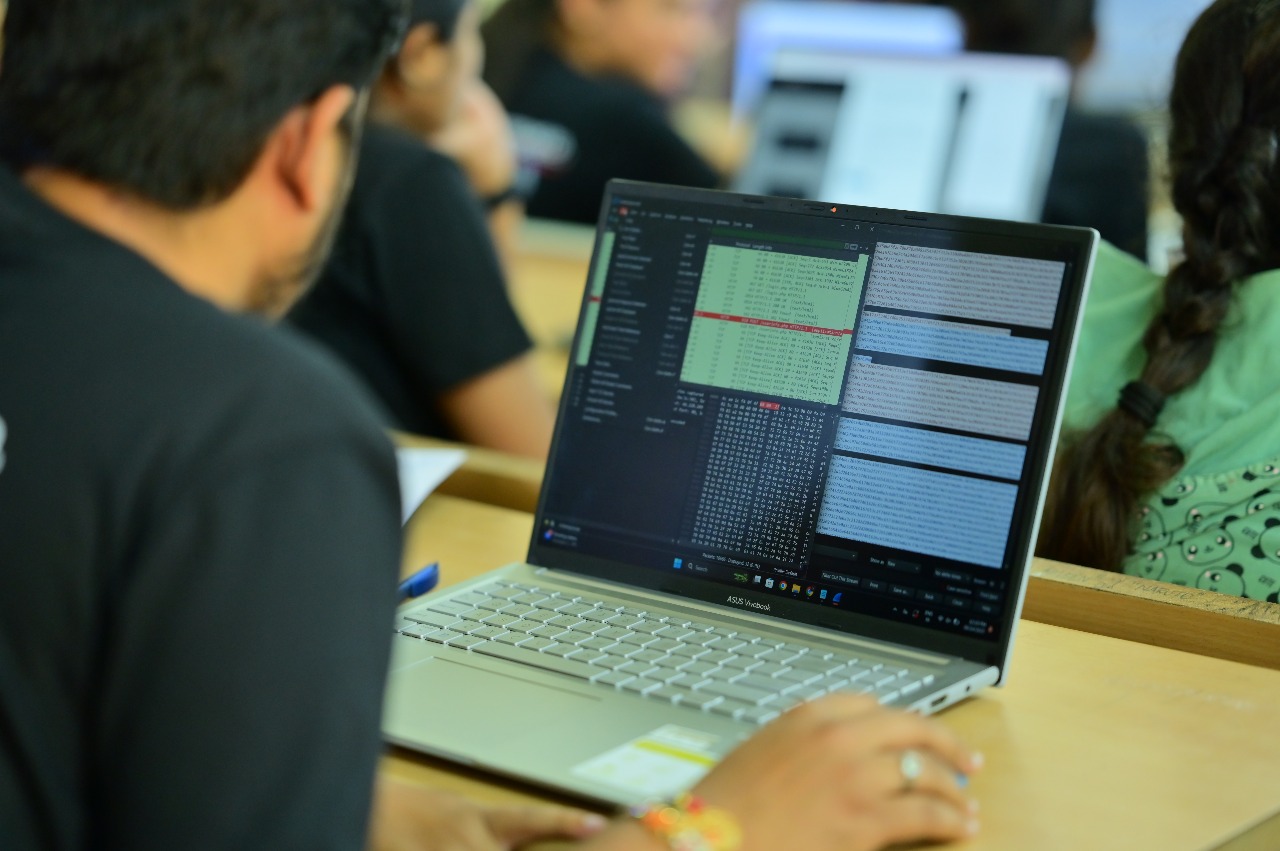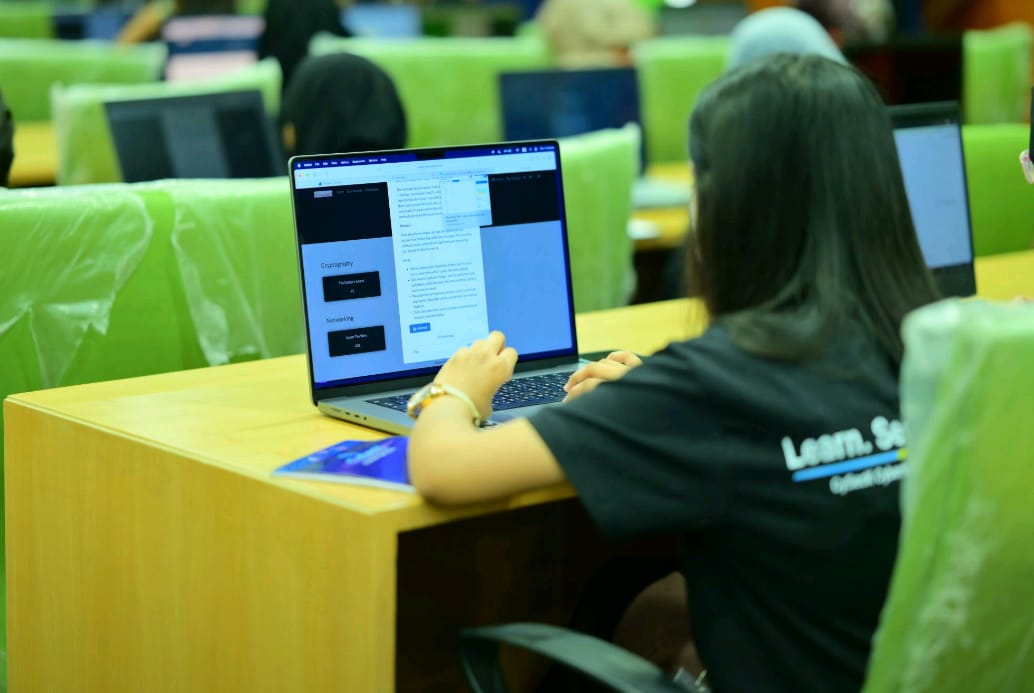Cybersecurity Bootcamp & CTF – Highlights from Kalburgi
Program at a glance
Hosted at: VTU Campus, Kalaburgi
Dates: 13-14 August 2025
Participants: 300 IT/CSE students
Contact: +91–7350320375 • Ambujatech@gmail.com
AmbujaTech Pvt Ltd, in collaboration with CySeck (FSID, IISc), conducted a hands-on cybersecurity bootcamp followed by a high-energy Capture the Flag (CTF) challenge in Kalburgi. Designed for undergraduate and postgraduate learners, the program blended foundational concepts, real-world case studies, and practical labs to build confidence and curiosity in modern security practices. Sessions were calibrated for mixed skill levels, ensuring that beginners found accessible entry points while advanced participants explored deeper technical angles.
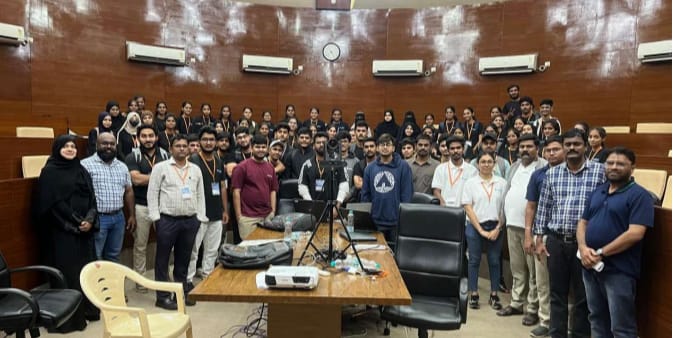
What we covered
- Web Security, Digital Forensics, Cryptography, Networking, Reverse Engineering, Binary Exploitation
- Live demonstrations, tool walkthroughs, guided exercises, and short debriefs after each activity
- Career pathways, certifications, hiring signals, and real interview expectations
Across two focused days, learners explored the fundamentals and then applied them. On Day 1, we emphasized learning-by-doing—participants practiced tool usage, mapped alerts to hypotheses, and connected common attack vectors to defensive strategies. Discussions on certifications and role paths (SOC, DFIR, Threat Intel, Malware Analysis) helped students align their learning to outcomes.

What learners experienced
Day 2 transformed the momentum into a competitive CTF. Students tried Jeopardy-style, Attack–Defense, and King of the Hill formats. The challenge set mirrored real-world tasks: breaking basic ciphers, decoding data, spotting web vulnerabilities, inspecting metadata, analyzing suspicious binaries at a beginner level, and investigating forensics artefacts like logs and packet captures. Teams iterated rapidly, shared insights, and learned to document approaches—habits that translate directly to SOC or IR environments.
Facilitation
Led by Priyanshu Kukkar (Senior Infosec Manager, SAS), the delivery focused on clarity and relevance. Concepts were anchored to recent case studies, and Q&A segments ensured students could connect classroom material with on-ground operations in Blue Teaming, incident response, and threat hunting. Mentors proactively unblocked teams without giving away answers, preserving the spirit of discovery.
The practical flow deepened secure-practices thinking and incident response mindset. Under pressure, teams sharpened analytical skills, collaboration, and ethical judgment. Many participants reported greater comfort with triaging issues, forming hypotheses, and validating them quickly—skills crucial for real-world security roles.

Outcomes and impact
Feedback was overwhelmingly positive. Learners reported stronger fundamentals, better familiarity with tools, and higher confidence in pursuing cybersecurity careers. They especially valued the balance of structured guidance and open exploration, plus the simulation of real security scenarios under time pressure. Several teams expressed interest in continuing practice on public CTF platforms and pursuing entry-level certifications to formalize their learning.



